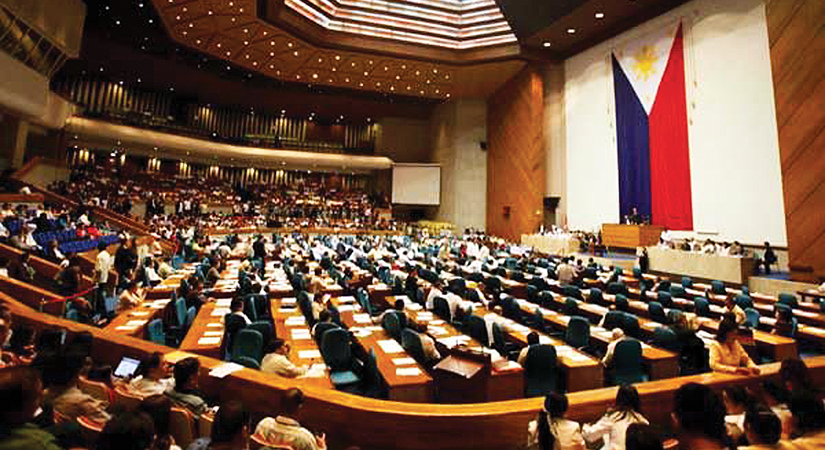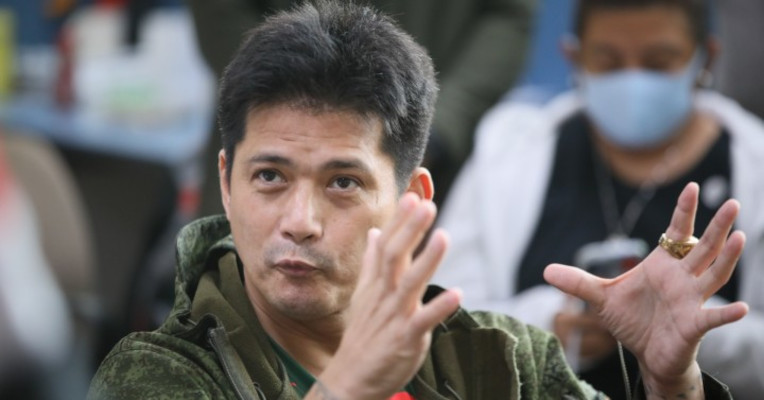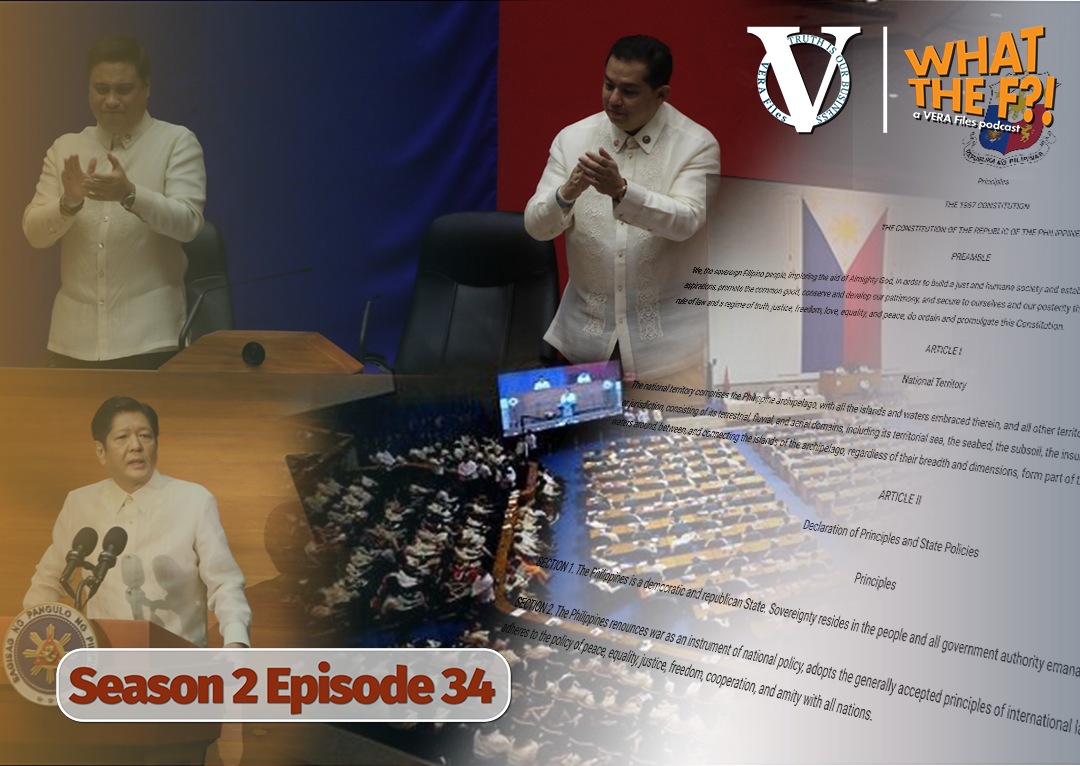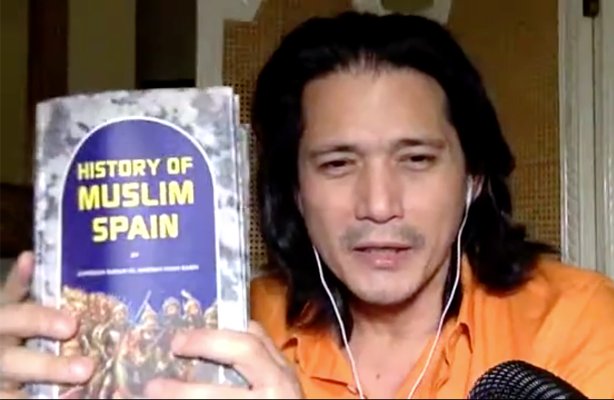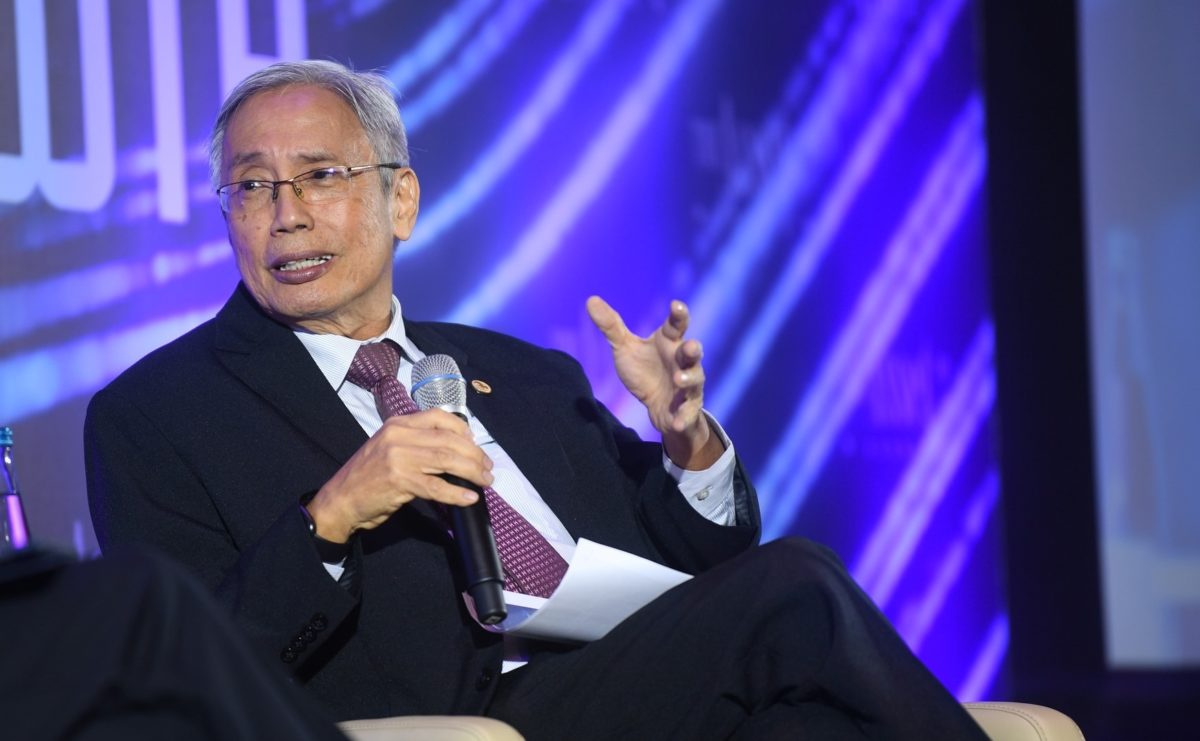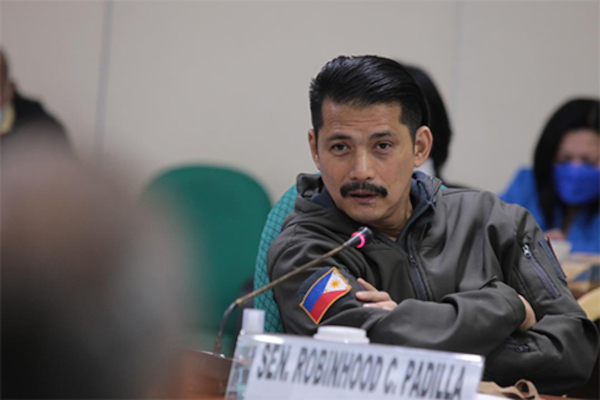Despite repeated failed attempts to amend the Constitution, lawmakers are again reviving the highly divisive debate 18 months before the midterm elections.
House Speaker Ferdinand Martin Romualdez spoke about “some initiatives” during the Christmas break “to review and revisit the 1987 Constitution.”
Seven months after declaring that the earlier initiative in the House to amend the Charter’s economic provisions was dead, Sen. Robinhood Padilla now wants to tinker with the term limits. Padilla chairs the Senate Committee on Constitutional Amendments and Revision of Codes.
Why they’re putting the issue forward at this time is suspicious. Because the Cha-cha move is divisive, it calls for public consultations, which will justify the travel and related expenses of legislators. Isn’t that a wise move for pre-campaign activities charged to the public coffers?
Last March, the House approved Resolution of Both Houses (RBH) 6, calling for the convening of the Senate and the House into a constituent assembly to discuss Charter change.
Less than a month later, Padilla’s committee came out with a report, recommending indirect Charter change by legislation, meaning Congress will pass a bill in which the phrase “unless otherwise provided by law” will be inserted in provisions deemed as restrictive. Then, Congress will legislate specific amendments as enabling laws to ease the restrictions.
A Pulse Asia survey in March showed a significant 45% of 1,200 respondents against Charter change while those in favor were at 41%, representing a 10-point jump from the September 2022 survey period.
What was disturbing from that survey was the revelation that 79% of the respondents had little to no knowledge of the Constitution, with 44% saying they had “little knowledge,” while 34% said they had “almost none or no knowledge at all.”
More than half of the respondents, or 53%, said they were only made aware of proposals to change the Constitution when they were surveyed, while only 47% said they were aware of these moves prior to being asked to participate in the poll.
When it came to specific constitutional amendments or revisions, most of the respondents rejected the lifting of foreign ownership restrictions in communications (53%), utilities (55 %), equity in mass media and advertising (57%), and residential and industrial lands (72%).
Also frowned upon were proposals to remove the limits on shares of stocks in Philippine corporations that may be owned by foreign individuals and companies and allow foreign individuals and companies to exploit natural resources, with 67% and 72% of the respondents rejecting these proposed amendments, respectively.
On political provisions, 56 % of the respondents said they were not in favor of term extensions for national and local elective officials, while they were split (38% in favor-42% not in favor) on shifting to a federal system.
Lawmakers always claim to represent the people in pushing their legislative agenda, but why do they keep bringing up the Cha-cha issue after several failed attempts under almost all post-martial law administrations?
Romualdez said the renewed attempt in the House would allow the entry of more foreign capital and investments into the country.
Padilla now proposes political changes that would more than double the number of senators and alter the term limits from the president down to local officials.
Padilla’s Resolution of Both Houses 5 seeks to increase the number of elected senators from 24 to 54 and allow the president and the vice president — who must run and be elected as a tandem— to serve two terms.
RBH 5 provides that 30 of the 54 senators would be “elected by qualified voters from each legislative region,” and the remaining 24 would be elected nationally.
It allows senators elected at large to have terms of eight years instead of six, while those elected by region will have a term of four years but should not serve for more than three consecutive terms.
By doing simple math, you will see that Padilla’s proposal would mean corresponding increases in the government budget. Are you prepared to pay more and higher taxes so that the government will have more money for these changes?
Can we afford to have more Robinhoods in the Senate? How can more senators and longer term limits solve the country’s problems? How can the Cha-cha move ease poverty, bring down prices and curb corruption?
The views in this column are those of the author and do not necessarily reflect the views of VERA Files.
This column also appeared in The Manila Times.
